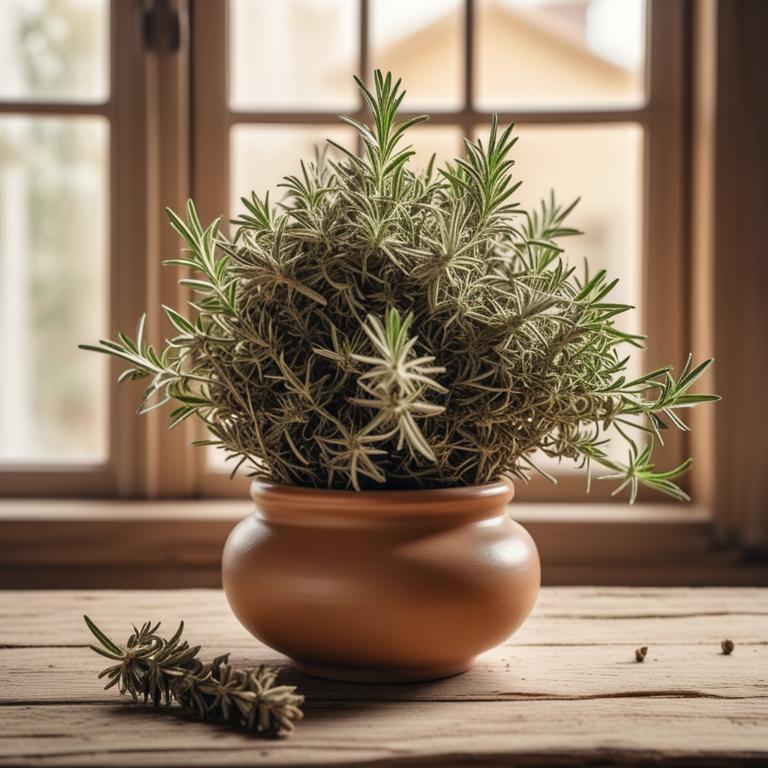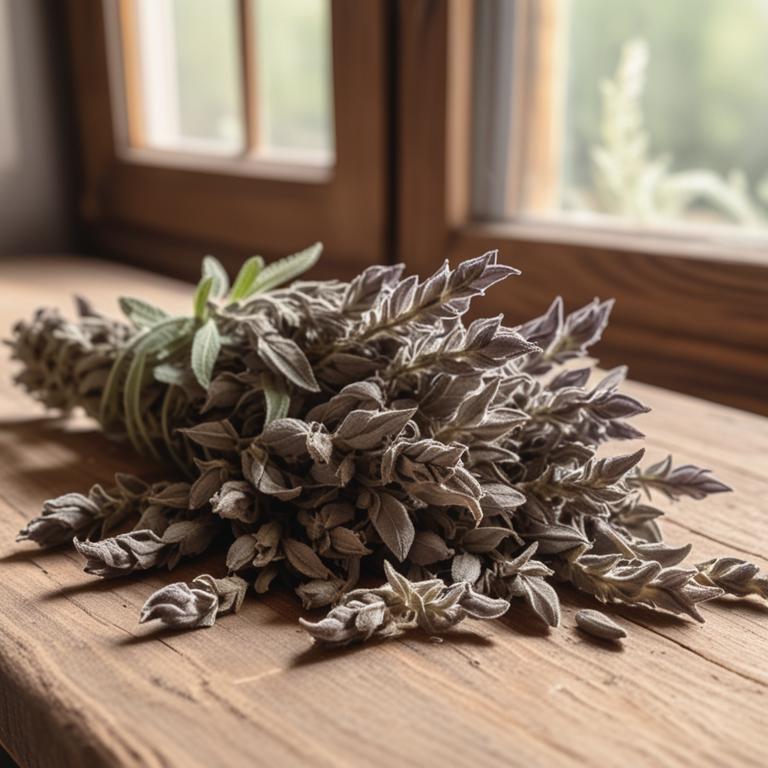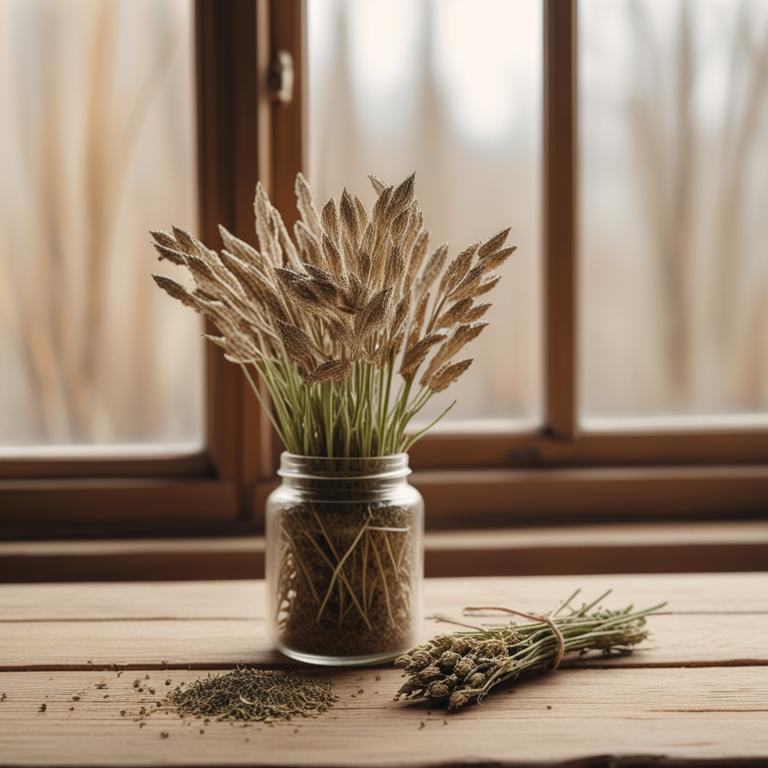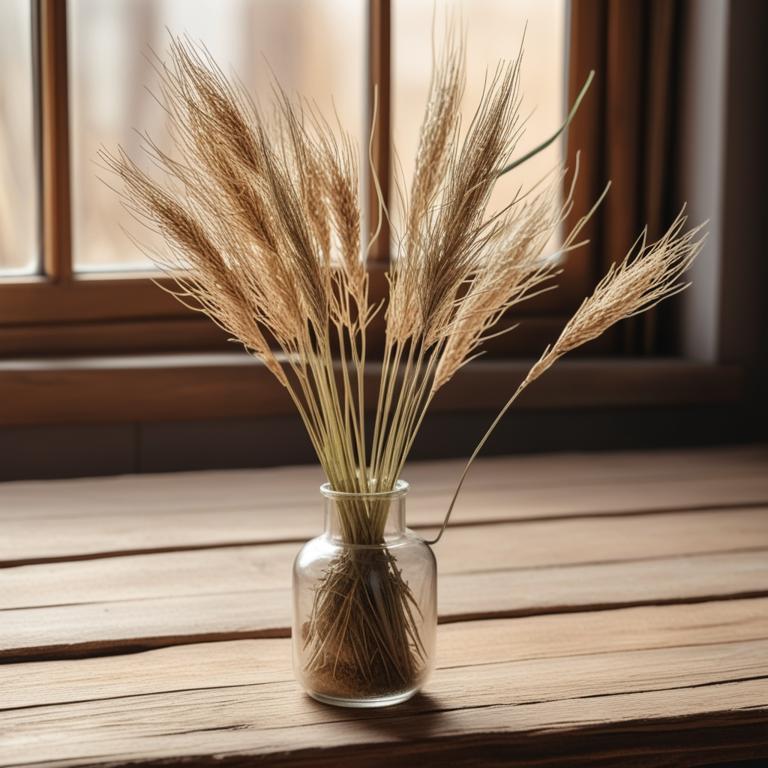Updated: Dec 1, 2024
Eczema: Understanding Causes, Medicinal Herbs, and Effective Herbal Preparations
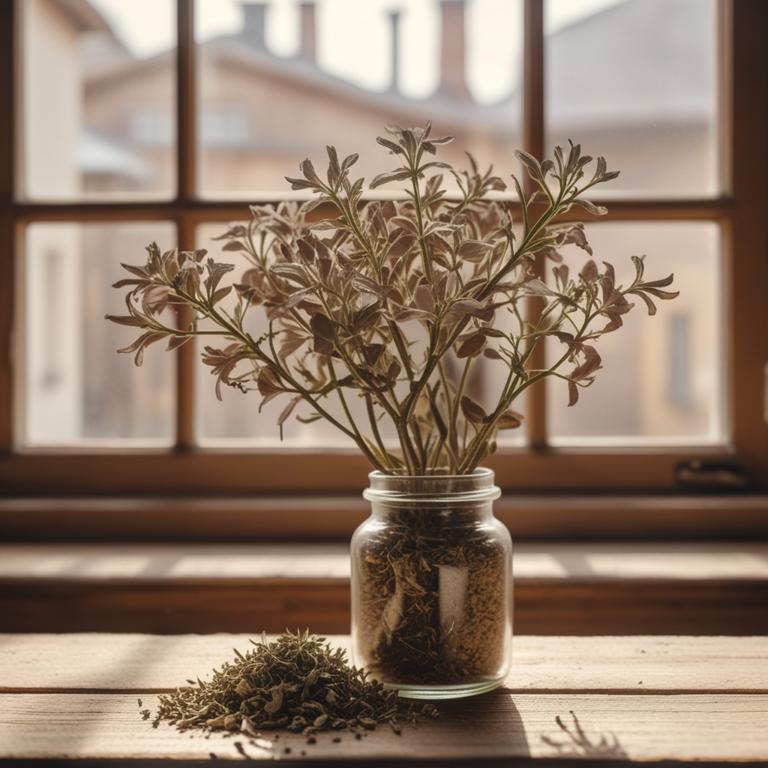
Eczema is a skin condition that makes your skin itchy, red, and dry.
It can be painful and frustrating, making everyday activities like dressing, showering, and even sleeping a challenge. If you have eczema, you know how it can affect your life - it can make you feel self-conscious, anxious, and even isolated. Eczema is often caused by a combination of genetic, environmental, and lifestyle factors. Some people may have a family history of eczema, while others may develop it due to allergies, stress, or exposure to certain substances like soaps, dyes, or metals.
Fortunately, there are some herbal remedies that can help soothe and heal eczema-prone skin. Plants like chamomile, calendula, and aloe vera have anti-inflammatory and moisturizing properties that can calm itchy skin and promote healing. You can use these herbs in various ways, such as making a tea by steeping dried flowers or leaves in hot water, applying a gel or cream made from aloe vera or calendula, or even taking supplements like chamomile oil capsules. When using herbal remedies for eczema, it's essential to remember that everyone's skin is different, so it may take some trial and error to find what works best for you.
Be patient, and don't be afraid to experiment with different preparations and dosages under the guidance of a healthcare professional.
Table of Contents
- What causes people to suffer from eczema?
- What advantages can be gained by using herbs to alleviate eczema?
- What are the most effective medicinal herbs for eczema sufferers?
- What are the most widely used herbal remedies for eczema?
- What herbs are best avoided by people with eczema to prevent eczema symptoms?
- FAQ
What causes people to suffer from eczema?
The main causes of eczema are complex and multifaceted.
One of the main causes is contact dermatitis, which occurs when the skin comes into contact with an irritant or allergen, such as soaps, dyes, or metals. When this happens, the skin becomes inflamed and reacts with redness, itching, and swelling. This can happen to anyone, but people with eczema are more prone to it. Another common cause of eczema is atopic dermatitis, which is also known as atopic eczema. This is an allergic condition that makes the skin itchy, dry, and inflamed.
It's often linked to asthma and hay fever, and people with a family history of eczema, asthma, or hay fever are more likely to develop it. Genetics also play a significant role in the development of eczema. If one or both parents have eczema, their children are more likely to develop it. This is because certain genetic mutations can make the skin more sensitive and prone to inflammation. Allergies are also a major contributor to eczema. When the skin comes into contact with an allergen, it can trigger an allergic reaction, leading to inflammation and skin irritation.
Common allergens that can trigger eczema include pollen, dust mites, and certain foods.
What advantages can be gained by using herbs to alleviate eczema?
Using herbs for eczema can be a great way to manage symptoms and find relief.
These plants have been used for centuries to calm and soothe irritated skin. They can help reduce inflammation and redness, making it easier to control the condition.
Some herbs have antioxidant properties that fight off damage caused by free radicals, which can exacerbate eczema. They may also help repair the skin's natural barrier, making it less susceptible to dryness and irritation. Additionally, certain herbs have anti-itch properties that can help reduce the urge to scratch, which can further irritate the skin.
By reducing the severity of symptoms and promoting healing, these herbs can make it easier to manage eczema and improve the quality of life.
What are the most effective medicinal herbs for eczema sufferers?

Herbs have been used for centuries to help soothe and calm eczema symptoms.
One of the best herbs for this purpose is Calendula officinalis, also known as marigold. Its anti-inflammatory properties help reduce redness and swelling, while its antibacterial properties prevent infection. Urtica dioica, or stinging nettle, is another herb that's often used to treat eczema. Its soothing properties calm itchy skin and reduce inflammation. Chamomilla recutita, or German chamomile, is a calming herb that can help with eczema symptoms like restlessness and anxiety. It also has anti-inflammatory properties that reduce redness and swelling.
Symphytum officinale, or comfrey, is a herb that's often used to treat skin conditions like eczema. It's rich in vitamins and minerals that promote skin health and reduce inflammation. Aloe barbadensis, or aloe vera, is a well-known herb that's often used to soothe and calm eczema symptoms. Its anti-inflammatory properties reduce redness and swelling, while its soothing properties calm itchy skin. These herbs can be used in various forms, such as creams, ointments, and teas. They can be applied topically to the affected area or consumed as a tea to help from the inside out.
When used together or individually, these herbs can be a natural and effective way to help manage eczema symptoms.
What are the most widely used herbal remedies for eczema?
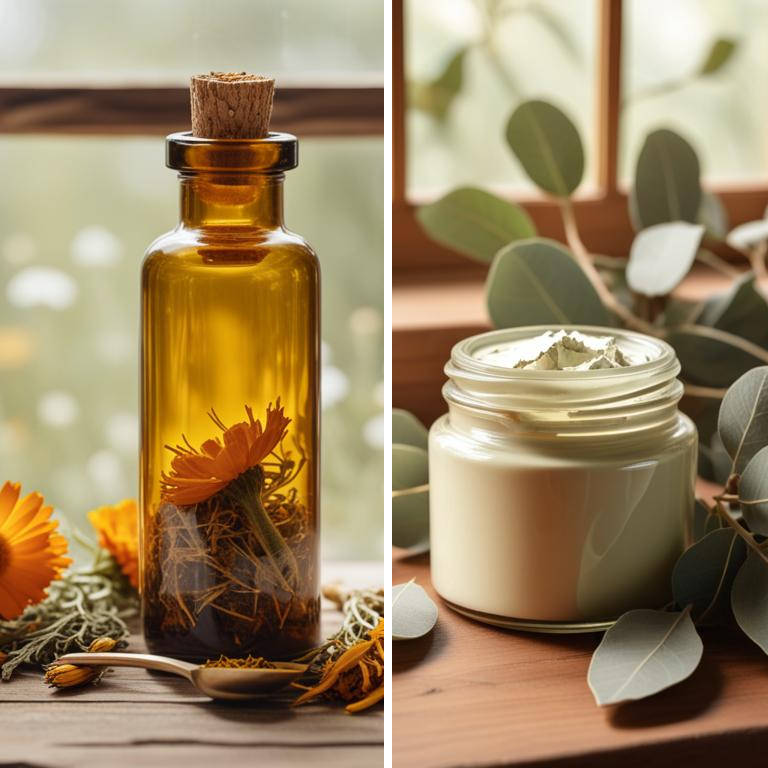
Herbal preparations can be really helpful for eczema.
A decoction is a liquid extract made by steeping herbs in hot water. It can be applied directly to the skin or used in a bath to help soothe and calm eczema symptoms. The anti-inflammatory properties in decoctions like calendula and chamomile can reduce redness and itching. A salve is a thick, gooey liquid that's usually applied to the skin to lock in moisture and protect it from the environment. Herbal salves containing ingredients like aloe vera and tea tree oil can help calm eczema and promote healing. They're especially good for dry, cracked skin. An ointment is similar to a salve but often has a more greasy texture.
Ointments can be really effective for eczema because they create a barrier on the skin that prevents moisture loss and irritation. Ointments with ingredients like shea butter and coconut oil can help repair and moisturize the skin. A tincture is a concentrated liquid extract made by soaking herbs in a solvent like alcohol or glycerin. Tinctures can be applied directly to the skin or taken internally to help manage eczema symptoms. Some herbal tinctures like turmeric and ginger have anti-inflammatory properties that can reduce redness and itching. A cream is a lightweight, easily absorbed liquid that can be applied directly to the skin. Creams can be really effective for eczema because they provide long-lasting moisture and protection.
Herbal creams containing ingredients like aloe vera and olive oil can help calm and soothe eczema symptoms.
Additional Resources:
What herbs are best avoided by people with eczema to prevent eczema symptoms?
If you have eczema, it's best to be careful with certain herbs that can irritate your skin further.
For instance, Rhus toxicodendron, also known as poison ivy, contains an oil that can cause severe skin reactions and make eczema symptoms worse. Similarly, Melaleuca alternifolia, or tea tree oil, is known for its antimicrobial properties, but it can also cause skin irritation, especially if you have sensitive skin.
Taraxacum officinale, or dandelion, might be a common weed, but its roots and leaves can cause allergic reactions, including skin rashes and itching. Arctium lappa, also known as burdock, has been used in traditional medicine for its supposed benefits, but its sap can cause skin irritation and allergic reactions. And, Podophyllum peltatum, or mayapple, contains a toxic substance that can cause skin blisters and rashes, which can be especially problematic for people with eczema.
These herbs might have some benefits, but it's best to avoid them if you have sensitive skin and eczema.
FAQ
Are there any specific herbs that can prevent eczema?
Some herbs may help with eczema.
For example, calendula oil has anti-inflammatory properties that can soothe itchy skin. Aloe vera gel can also calm red and irritated skin. Chamomile tea is sometimes used to reduce stress, which can trigger eczema symptoms.
These herbs are sometimes used to help manage eczema symptoms, but their effectiveness can vary.
Is it safe to use herbal remedies for eczema during pregnancy?
Using herbal remedies for eczema during pregnancy can be a concern.
Some herbs may not be safe for the baby, while others might stimulate the uterus and cause problems.
If you're pregnant and considering herbal remedies, it's essential to check their ingredients and potential effects on your baby.
Are there any herbs that can reduce the frequency of eczema?
Some herbs, like turmeric and oat straw, are believed to help reduce eczema symptoms.
Turmeric contains a compound called curcumin, which has anti-inflammatory properties that may ease itching and swelling.
Oat straw is thought to soothe and calm irritated skin, making it a potential natural remedy for eczema sufferers.
Related Articles
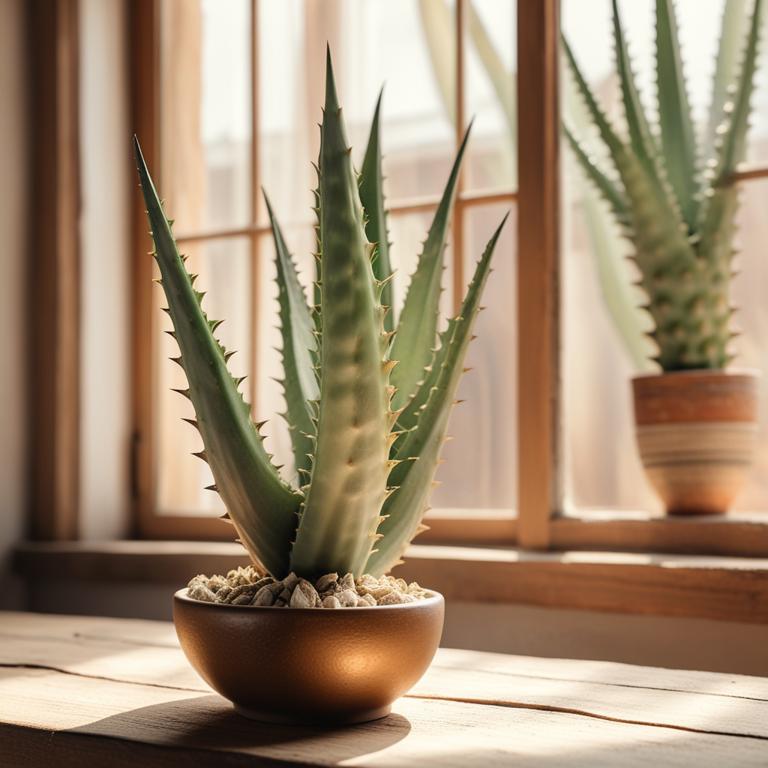
Ringworm Treatment with Medicinal Herbs and Herbal Preparations

Rashes: Causes and Homeopathic Herbal Solutions
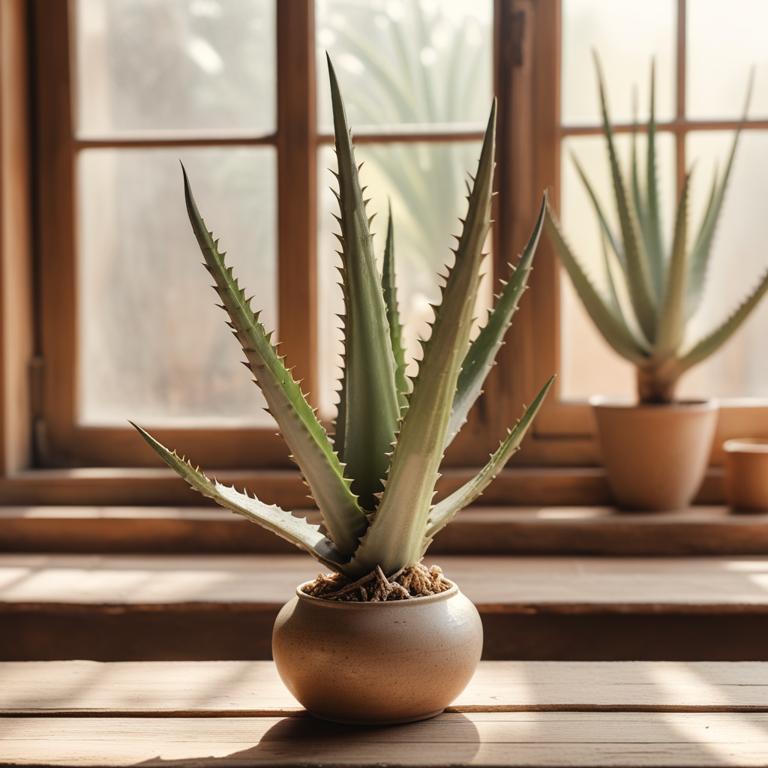
The Jellyfish Sting: Understanding Its Causes and Natural Remedies

Natural Dermatitis Treatment: Causes and Medicinal Herbs
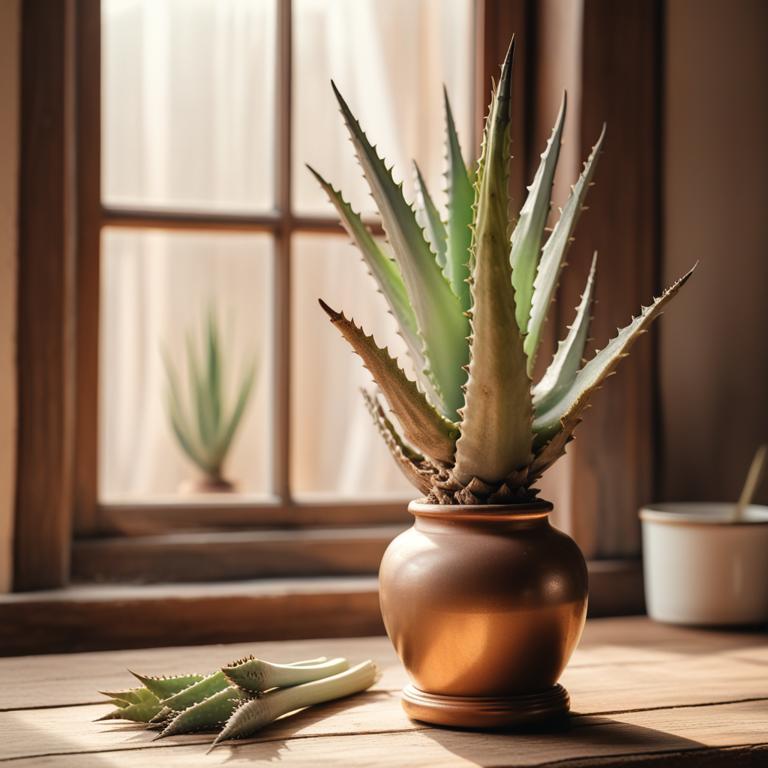
Acne Remedies: Causes, Medicinal Herbs, and Natural Herbal Preparations
